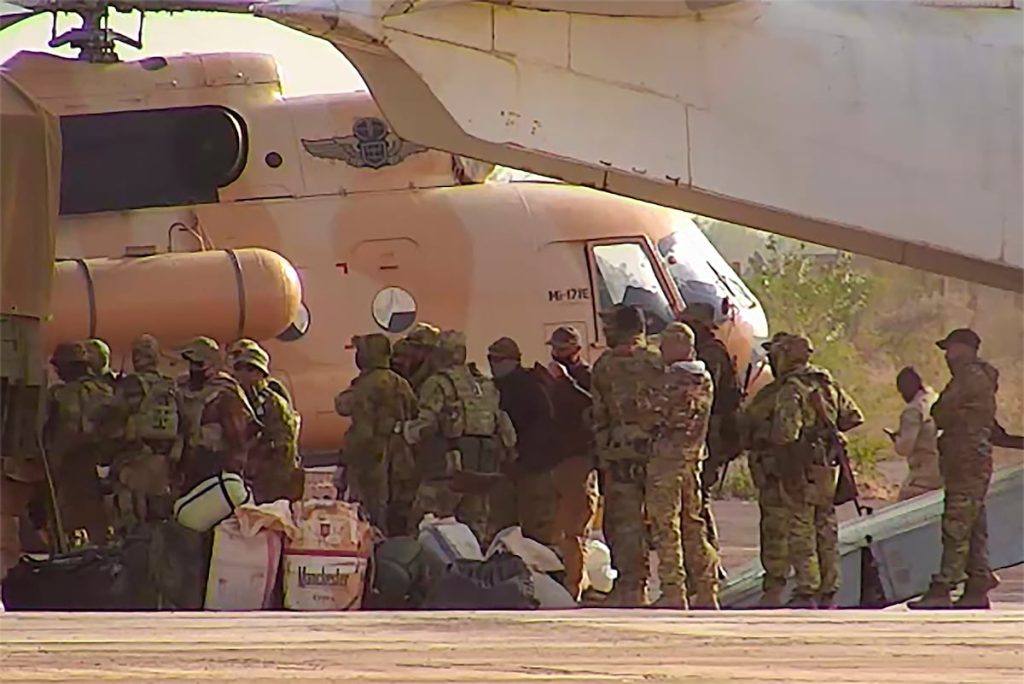The NATO summit held in Washington, DC this month, as the institution celebrates its 75th anniversary since its founding in the same city, has been a clear demonstration of unity against Russia in light of President Vladimir Putin’s invasion of Ukraine. Spain, through President Pedro Sánchez and Defense Minister Margarita Robles, has attempted to shift the focus of allies towards another hot spot that Spain perceives as a threat: the Southern flank. There is a need for a “greater commitment from NATO and allies” regarding this zone in Africa, particularly in the Sahel region. Recent troop withdrawals from Mali by various Western countries, including Spain, France, Germany, and the United States, have created a void that could allow other powers, such as Russia, to gain influence in this unstable region.
Spain has been vocal about the potential consequences of abandoning the Sahel region, emphasizing that if Western forces leave, Russia will fill the vacuum. The presence of Russia in the Sahel is seen as a potential threat, and Spain’s proximity to the region makes it particularly vulnerable. The NATO summit in Washington approved the first action plan focused on the Southern neighborhood, which includes the creation of a special envoy to monitor the region from Brussels, a position that Spain and Italy are aspiring to fill. The instability in the Sahel region, exacerbated by the impact of climate change and insecurity, has made it a breeding ground for terrorist groups and criminals that can be exploited by strategic competitors such as Russia and China.
The challenges faced by the Sahel region, including demographic, economic, and political issues, combined with the fragility of institutions and food insecurity, have made it attractive to terrorist groups and criminal networks. Russia has been able to increase its influence in the region through diplomatic, economic, and military agreements, taking advantage of political instability and lack of democracy. Spain is exploring the possibility of establishing bilateral relationships with key countries in the region, such as Mali and Mauritania. Maintaining good relations with these countries is crucial for future cooperation and support in addressing security challenges in the Sahel.
The decision to neglect such a critical flank for the Alliance could have negative consequences in the medium and long term, according to the report by the Spanish Institute of Strategic Studies. Former NATO Secretary-General Jens Stoltenberg highlighted the importance of stability in neighboring regions for the overall security of NATO. Spain, along with other European countries like Italy, France, and Portugal, is considering a tailored strategy with strategically important countries like Mali. Cooperation and support for forces in the Sahel region are essential to prevent further destabilization and to counter the influence of external actors like Russia. By maintaining a presence and supporting local forces, NATO can contribute to long-term stability and security in the Sahel.


